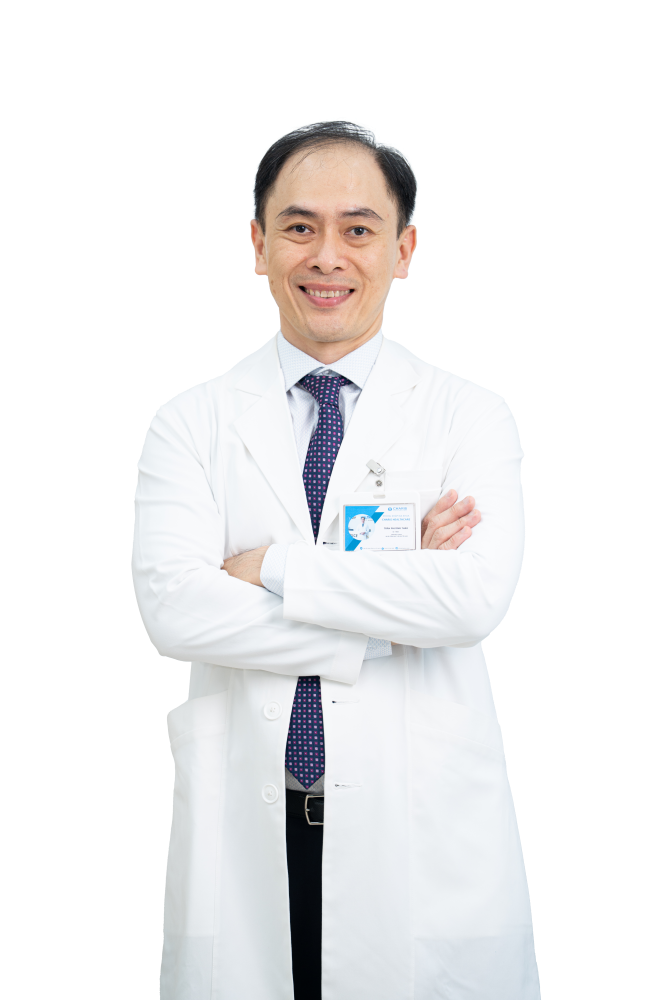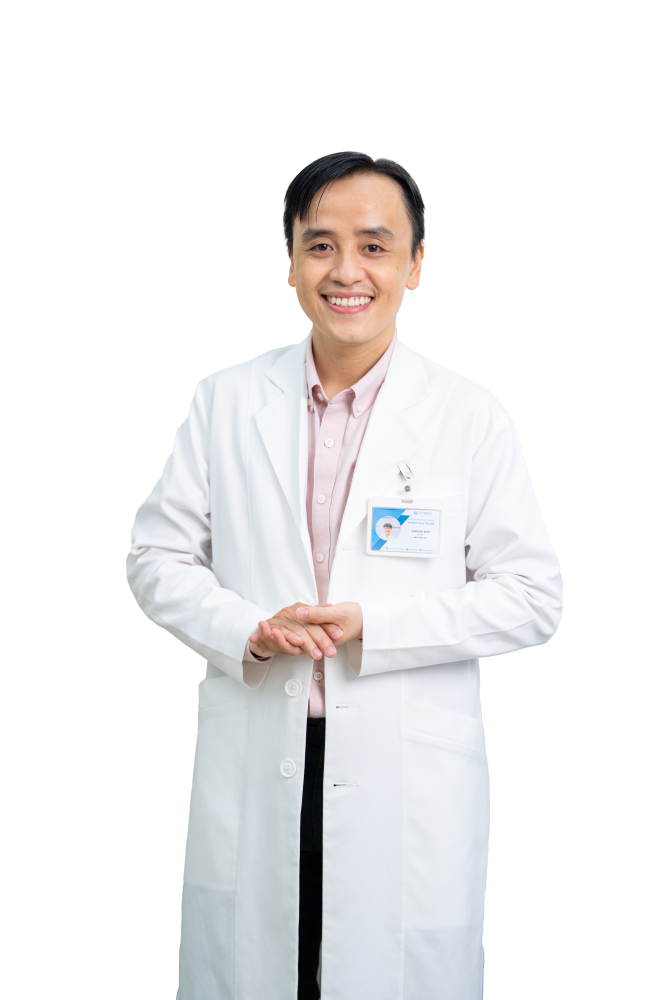“Do you have any further questions?”
“Yes, thank you, Doctor. I understand my digestive condition and have no further questions. I feel sorry for you, Doctor, for taking the time to examine and perform an endoscopy on me until now. You were off on Saturday afternoon and you were still here with me… Honestly, you are so meticulous, asking me so many questions!”
“It’s okay. You’re from a faraway province… Even though you have acid reflux, your treatment will be different from others because you also have other digestive diseases. Doctors have to approach each patient’s story individually and treat them appropriately – like prescribing medicine and adjusting the dosage depending on the disease. That’s why doctors ask so many questions.”
This is just one of many everyday stories between Doctor and Patient that I have experienced throughout my practice – since leaving Pham Ngoc Thach University of Medicine in 2003.
My patients, whether 20 years ago, now or many years from now, are always the same: worried about their illness, wanting to talk, to be listened to; confused by test results like this or that; scared when hearing about chronic diseases that require long-term treatment...
However, Doctor Thao 20 years ago definitely different from now – and my future appearance will be even more positive.
Why?
Recent time 3 years (since 2012) in Auckland, New Zealand To be a medical treasure for me. It was a period when I retreated to consolidate and systematize all the basic medical knowledge, and at the same time learned the model of the relationship between medical staff and patients.
Later, when I had the opportunity to gain more experience in professional and advanced medical facilities in America, I gradually contemplated that model more deeply. Even though it was a large hospital like Texas Tech University Health Sciences Center, or small clinics in Atlanta, Georgia, the doctor-patient relationship is built everywhere on faith: that Each person's health will be cared for on the basis of solid medical knowledge and sincere sympathy.
I started learning how to approach and build relationships with patients — a special relationship between human to human, where health is always linked to psychology, family circumstances and social relationships. I realized that Quality of health care should not be influenced by job position or social status.
“Seeing the doctor's degree hanging on the wall made me happy! It's solemn and classy, Doctor!”
“Yes, uncle. I studied hard and passed many rigorous exams in America to get that piece of paper to hang up, uncle. But having a degree doesn’t mean it’s over, uncle. I still have to continue studying, attend short-term training courses, update my medical knowledge periodically, attend regional and international conferences…”
“There is also the psychology of the patient – learning how to approach patients with different symptoms and personalities. No two patients are the same…”
Once upon a time, I dreamed of becoming Architect, to build monumental structures; or to become Chef, to freely juggle in the culinary arts.
But in the end, Medicine chose me.
Medicine helps me understand hardship, suffering to train me to be a doctor, to help me understand The importance of the doctor-patient relationship, to then become a conscientious doctor.
And if I could go back to the beginning — I will still choose medicine.





